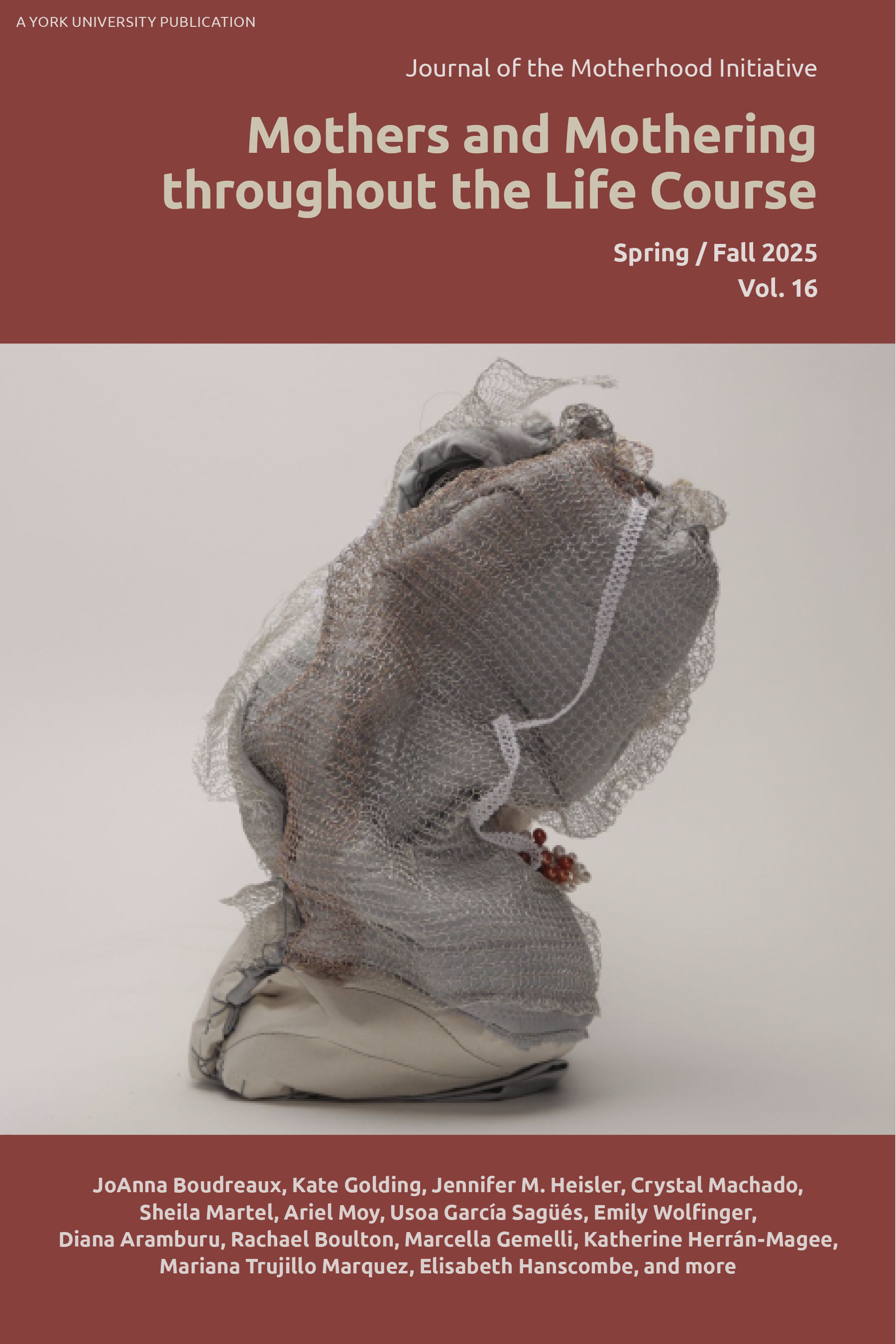Mothering Under Lock and Key
Pregnancy, Parenting, and the Punitive Realities of Incarcerated Women
Abstract
Since the 1980s, the number of women incarcerated in the United States has risen by over 645 per cent (Bronson and Sufrin; Kajstura and Sawyer). Nevertheless, the criminal justice system continues to operate with male-centred policies that disregard women’s unique experiences. This article examines the intersection of incarceration with motherhood, pregnancy, punishment, and parenting, highlighting how systemic neglect exacerbates the struggles of justice-involved women. Most incarcerated women are young, poor women of colour with histories of mental health issues, substance use, and victimization. Among these women, a significant majority are mothers whose imprisonment leads to family disruption, poverty, and weakened parental bonds. Pregnant incarcerated women face further hardships, including limited access to prenatal care and the harmful and controversial practice of shackling during pregnancy and labour. Despite state-level restrictions, shackling persists, exposing women to severe physical and psychological harm. Postrelease, mothers encounter additional barriers, such as financial instability, stigma, challenges in regaining custody of their children, and insufficient access to community resources like childcare and employment support. These obstacles complicate successful reentry and often perpetuate cycles of poverty and criminalization. Current policies and practices largely ignore the gendered realities of incarcerated women, reinforcing historical biases and systemic inequalities. Drawing on feminist criminology, public health research, and legal scholarship, this article argues for comprehensive, gender-responsive reforms that prioritize the health, dignity, and familial bonds of incarcerated and formerly incarcerated mothers. Without meaningful change, the carceral system will continue to marginalize one of its most vulnerable and overlooked populations.

Downloads
Published
Versions
- 2025-10-21 (2)
- 2025-10-08 (1)
How to Cite
Issue
Section
License
All intellectual property in relation to material included on this site belongs to the Motherhood Initiative for Research and Community Involvement (MIRCI). All material on this site is protected by Canadian and international copyright and other intellectual property laws. Users may not do anything which interferes with or breaches those laws or the intellectual property rights in the material. All materials on the Motherhood Initiative for Research and Community Involvement (MIRCI) are copyrighted and all rights are reserved. Any reproduction, modification, publication, transmission, transfer, sale, distribution, display or exploitation of the information, in any form or by any means, or its storage in a retrieval system, whether in whole or in part, without the express written permission of the Motherhood Initiative for Research and Community Involvement (MIRCI) is prohibited. Please contact us for permission to reproduce any of our materials. This site may include third party content which is subject to that third party's terms and conditions of use.

